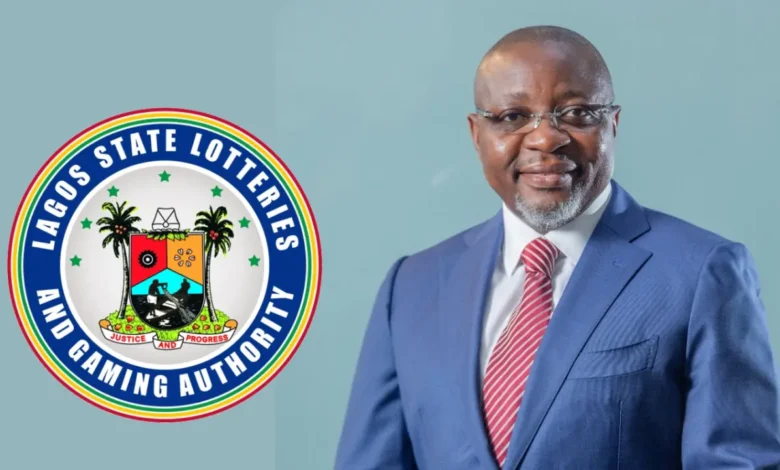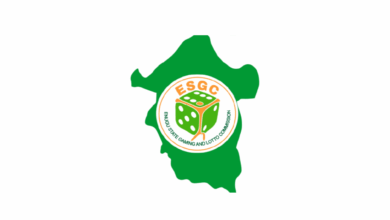Lagos Set to Introduce B2B Gambling Licenses

The African gaming sector is at a pivotal point, confronting the dual challenges of escalating illegal gambling and a lack of standardized regulations across the continent.
Amid these concerns, Bashir Are, CEO of the Lagos State Lotteries and Gaming Authority (LSLGA) in Nigeria, has raised a significant alarm about the future of gaming practices across Africa.
During a panel discussion at the ICE gaming industry conference in Barcelona, Are emphasized the critical risks facing the continent, stating, “Twenty, thirty years ago, Africa was a dumping ground for toxic waste from all over the world. I think we are experiencing that now in the gaming sector too.”
His statement highlights the urgent need for regulatory frameworks to address dubious and exploitative practices within the gaming industry.
Are’s concerns are not isolated; they resonate with industry leaders worldwide, who understand the importance of collaboration and standardization in effectively combating illegal gambling. “The fight against illegal gambling cannot be won without unified efforts from regulators across Africa,” he asserted, underlining the necessity for cooperation among regulatory bodies to create enforced standards and responsible gambling practices.
In this context, Lagos State is set to introduce B2B licenses as a response to the growing gap in supplier accountability. Are noted, “We discovered that without B2B licences, suppliers have no obligation to ensure compliance or responsible practices.” This move is seen as crucial for regulating both operators and suppliers, which is key to addressing the existing challenges in the market effectively.
Read Also: Kenya Launches ‘Crypto’ Bill Amid Call for Better Oversight
Are also pointed out that tax policies play an essential role in this enforcement landscape. He stated, “Our laws now state that even if you operate offshore, if you have players in Lagos, they are considered state customers. If you don’t pay taxes on those customers, it’s a criminal offence.” Such regulations aim to ensure that all operators contribute to the local economy and face accountability for their practices.
The session at ICE was enriched further by insights from other international regulators. Gilbert Remulla, director of the Philippine Amusement and Gaming Corporation (PAGCOR), shared his country’s experience in combating illegal gambling. He noted that illegal operators once accounted for 90% of the Philippine gaming market. Through strategic measures—including reduced taxes for legal operators and enhanced collaboration with law enforcement—the Philippines has successfully reduced illegal activities to less than 50%. Remulla explained, “Lowering taxes encouraged some illegal operators to come into the legal market,” reflecting a pragmatic approach to regulation.
However, Remulla also acknowledged the ongoing challenges stemming from high-net-worth individuals and crime syndicates, who are attracted to the illicit market’s lack of stringent Know Your Customer (KYC) protocols. This underscores the complexity of the illegal gambling landscape, which is further complicated by the use of cryptocurrency for money laundering.
Are’s vision of a regulated and accountable gaming environment appears more critical than ever. Emphasizing the best practices gleaned from jurisdictions worldwide, Are stated, “If there’s no collaboration, there’s no way you can fight illegal gambling,” reinforcing the need for comprehensive partnerships with law enforcement and justice departments to address the issue head-on.























